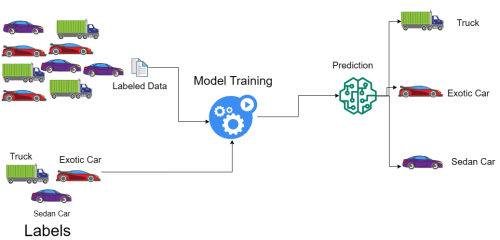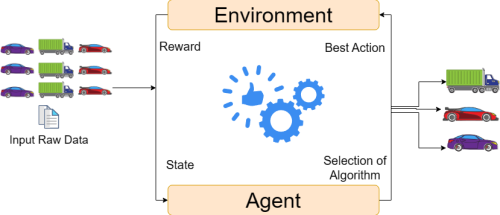Hello, data enthusiasts! 🌟 Building on our “Database Normalization” insights, let’s explore Machine Learning for Data Scientists. This primer is crafted to be engaging and informative, perfect for those ready to dive into the ML world. 📚
Understanding Machine Learning for Data Scientists
Machine Learning is a branch of artificial intelligence (AI) that focuses on building systems capable of learning from and making decisions based on data. Unlike traditional programming, where rules are explicitly coded, ML algorithms learn patterns from data, allowing for more dynamic and adaptable decision-making. 🤔
Machine Learning Types
Supervised Learning: Like a student under guidance, these algorithms learn from labeled datasets, making predictions based on known outcomes. 🏫

Unsupervised Learning: This type explores unlabeled data, identifying hidden patterns without explicit instruction. 🕵️♂️

Reinforcement Learning: Here, algorithms learn by trial and error, receiving rewards for successful outcomes. 🎮

Applications of Machine Learning
Machine Learning isn’t just academic; it’s practical. From recommendation systems on Netflix 🎬 to spam filters in your inbox 📧, ML’s applications are diverse and expanding.
Starting with Machine Learning
Grasp the Basics: Before delving into algorithms, understanding fundamental concepts like regression, classification, and clustering is key. 🗝️
Pick Your Tools: Python and R are popular languages among data scientists for ML projects. Selecting the right tools and libraries (like TensorFlow or Scikit-Learn) can set you up for success. 🛠️
Work on Projects: Theoretical knowledge is vital, but practical experience is king. Work on real-world projects to solidify your understanding. 👑
Challenges in Machine Learning
While ML offers incredible potential, it’s not without challenges. Data quality, algorithm selection, and ethical considerations, like bias in AI, are crucial areas to address. 🚧
Conclusion
Machine Learning is an exhilarating field that’s constantly evolving. As a data scientist, understanding ML is more than a skill – it’s a necessity in today’s data-driven world. So, grab your tools, stay curious, and let’s shape the future, one algorithm at a time! 🚀🌐





